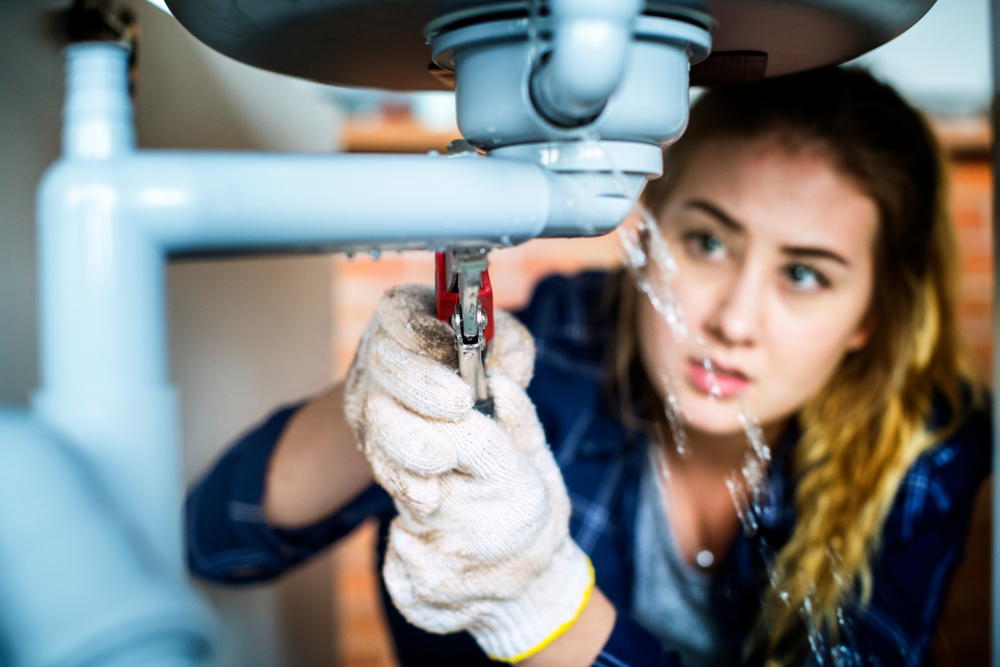
Smart Plumbing Systems Surge: A Tech-Savvy Revolution
Share
In the modern era, technological advancements have permeated almost every industry, and plumbing is no exception. The advent of smart plumbing systems is ushering in a new age of efficiency and resource conservation. These systems integrate cutting-edge technology to transform how water is used, monitored, and conserved in homes and industries. For tech professionals and enthusiasts, understanding the intricacies of these systems is crucial.

How Does a Smart Plumbing System Work?
Smart plumbing systems utilize a network of sensors and IoT devices to monitor water usage patterns, detect leaks, and optimize water flow. These sophisticated systems are designed to provide real-time data that helps in managing water consumption more effectively. For instance, by using a combination of pressure and flow sensors, these systems can pinpoint leaks as soon as they occur. Water leaks in apartments can thus be swiftly addressed, minimizing damage and waste.
The Benefits of Embracing Smart Plumbing Technology
One of the major advantages of incorporating smart plumbing systems is the significant reduction in water wastage. By instantly detecting leaks and abnormalities in water usage, these systems enable immediate corrective actions. Moreover, they can be integrated with home automation systems, offering a seamless experience for users. With access to detailed water usage reports, homeowners and facility managers can make informed decisions about water conservation techniques.
Smart Plumbing and Water Conservation
In an age where conserving natural resources is paramount, smart plumbing plays a pivotal role. The technology provides insights into daily water usage habits, encouraging users to adopt more sustainable practices. Additionally, the automated management of water resources ensures that only the required amount of water is used, significantly reducing the ecological footprint.
Addressing Challenges in the Plumbing Industry
The traditional plumbing industry faces numerous challenges, from detecting leaks to managing water wastage. However, the integration of technology in plumbing systems is gradually transforming the landscape. By addressing latency in leak detection, which you can read more about here, smart plumbing offers a proactive approach to handling plumbing issues.
The Future of Smart Plumbing
The future of plumbing is undoubtedly smart. As technology continues to evolve, we can anticipate even more advanced features being integrated into these systems. From AI-driven insights to comprehensive water management solutions, the possibilities are endless. This futuristic vision is not just about convenience but also about fostering a more sustainable relationship with our planets vital resources. Further exploration of pros and cons of these systems reveal their critical role in evolving plumbing.
Conclusion: Embrace the Change
For tech professionals and enthusiasts, embracing the change brought about by smart plumbing systems is crucial. Not only does this technology enhance efficiency, but it also contributes to a more sustainable world. As we continue to explore the depths of technological advancements, staying informed about these developments is essential.

FAQs
What is a smart plumbing system?
A: A smart plumbing system uses a network of sensors and IoT devices to monitor and manage water usage efficiently.
How do smart plumbing systems detect leaks?
A: They employ sensors that detect changes in pressure and flow, allowing them to identify leaks swiftly and accurately.
Are smart plumbing systems sustainable?
A: Yes, they promote water conservation by providing insights into usage patterns and enabling immediate action on leaks.
